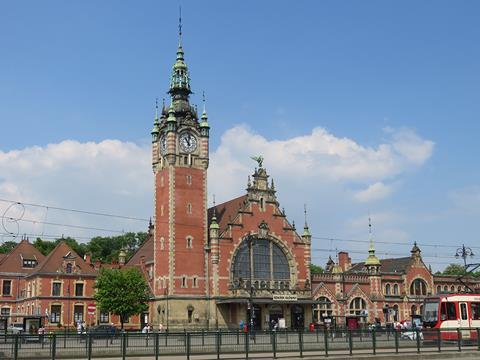
POLAND: Polish State Railways has been formally restructured as a holding company under a programme to make the railway more competitive as the European rail market continues to open up.
PKP Group is formed of 18 companies led by PKP SA, which is 100% owned by the Polish government. Nine of the companies are directly held and the other nine are ‘indirect subsidiaries’. The most important body within the group is the PKP Group Management Board which fulfils an executive function. The board is supported by PKP Group Council, which is a consultative and advisory body.
All of the companies within the holding sttructure are signatories to the PKP Group Charter that defines various areas of co-operation, including finance and accounting, human resources management, IT and telecommunications, property management, internal audit and control, security and corporate governance.
President of PKP Management Board Krzysztof Mamiński said that ‘establishment of the PKP Group holding marks an enormous success and the crowning achievement of our long-term efforts. This will allow the PKP Group to operate even more efficiently, strengthening the existing co-operation between companies. Establishment of the holding will make the Polish railways even more competitive as the rail transport market opens up, as well as improve management efficiency.’
Mamiński explained that the move would enable further improvement in the passenger sector. This is evident in development plans announced earlier this year by PKP Intercity, which said that its updated investment strategy would see an increase in funding from 19bn złoty to 27bn złoty between now and 2030. As much as 24∙5bn złoty will be allocated for the purchase and modernisation of rolling stock, with 2∙6bn złoty spent on environmentally-friendly ‘technical facilities’.
PKP Intercity is planning to raise speeds across much of its network, with many more trains running at maximum speeds of 160 km/h to 250 km/h. It is also expanding its network to serve more towns and cities: the number of destinations served directly by PKP Intercity trains increased from 330 in 2016 to 414 in summer 2022.














